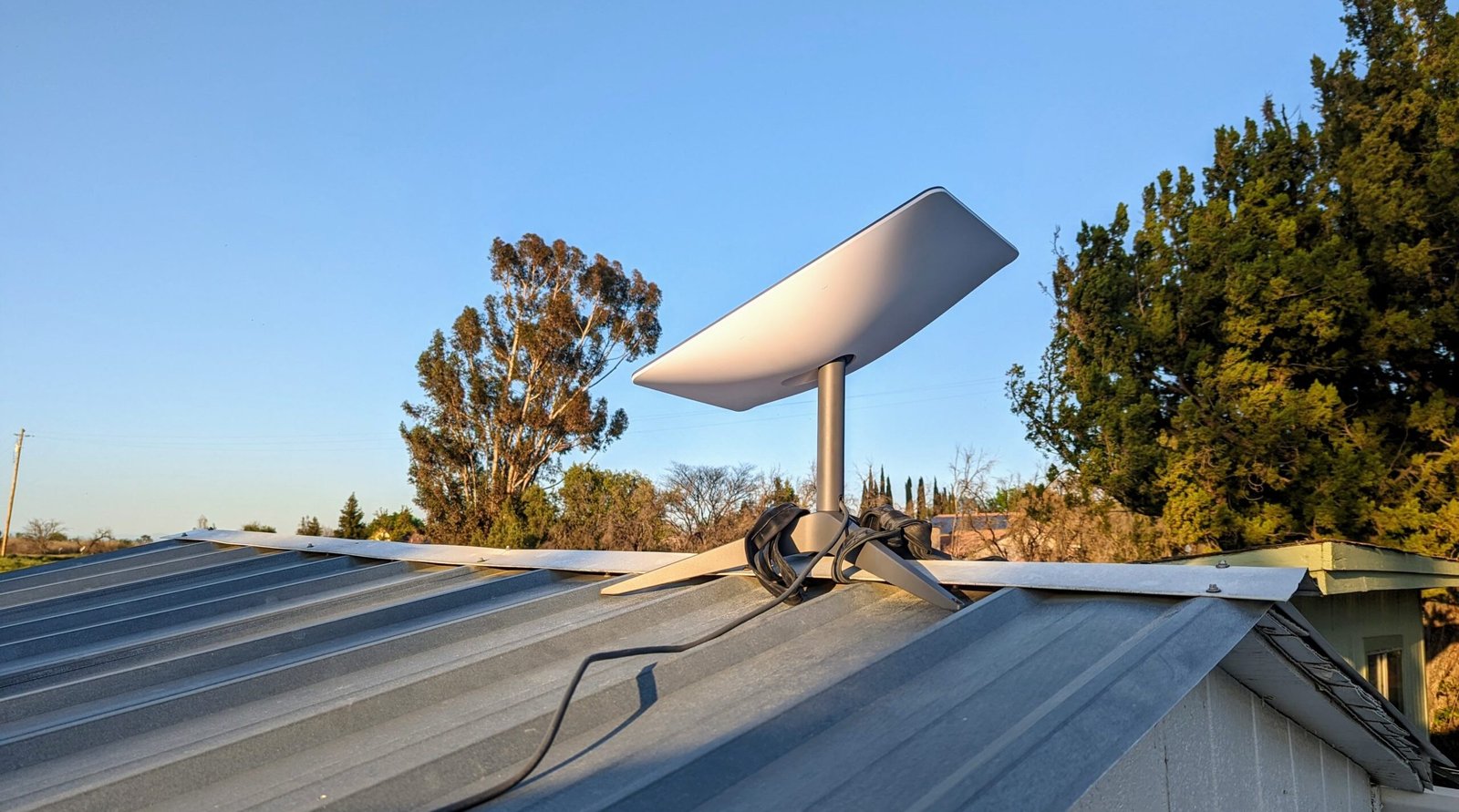In a notable enforcement of telecommunications regulations, a mining company in Zimbabwe has been subjected to legal action for utilizing Starlink, Elon Musk’s satellite internet service, without the requisite governmental approval. The National Prosecuting Authority announced on Thursday that San He Mining Company faced a US$700 fine, imposed by the Bindura Magistrates Court.
The company was found guilty of operating a radio station without a license from the Postal and Telecommunications Regulatory Authority of Zimbabwe (POTRAZ), an offense that led to the confiscation of the Starlink router and antenna.
The case came to light after a tip-off to the police by POTRAZ on December 5, revealing that San He Mining was accessing the high-speed, satellite-based internet service provided by Starlink. This incident underscores the strict surveillance and regulatory measures enforced by Zimbabwean authorities over telecommunications services.
Tatenda Mavetera, Zimbabwe’s Minister of Information Communication Technology, acknowledged that Starlink has sought permission to extend its services within the country. However, the regulatory body, POTRAZ, has yet to grant the necessary clearances.
The delay in approval comes amidst a broader regional embrace of Starlink, with neighboring countries like Zambia, Malawi, and Mozambique already licensing the service.
POTRAZ has issued a stern warning against the unauthorized use of Starlink in Zimbabwe. This comes as the region sees varying degrees of internet service quality, with Starlink offering promising prospects.
A report by the technology blog TechZim highlighted Starlink’s impressive download speeds of 130 Mbps in Harare, a significant leap from the 20 Mbps average provided by the state-run TelOne.
This development signals Zimbabwe’s cautious approach towards new telecommunications technologies, balancing the potential benefits of enhanced internet connectivity with the need for regulatory compliance and national security considerations.








